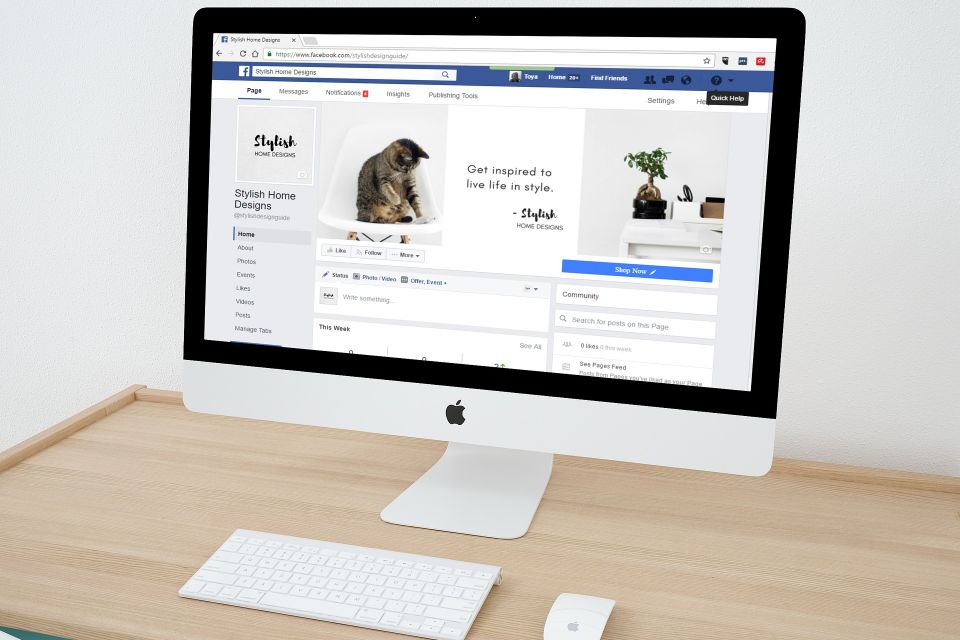In today’s digital age, integrating various technologies into web platforms has transformed how businesses operate and interact with customers. One such technology that has gained significant traction is Google Maps. When employed on websites, this tool offers myriad benefits that contribute to enhanced user experience, improved navigation, and increased engagement. This C H Website Design LLC aims to analyze the importance of integrating Google Maps into affordable small business websites, focusing on its utility in providing location-based services, enhancing business credibility, and offering valuable data analytics.
One of the most compelling reasons for integrating Google Maps into a website is its ability to provide precise location-based services. For businesses such as retail stores, restaurants, and service centers, having a map on their website allows customers to easily find their physical locations. This feature not only saves time for customers but also increases foot traffic for the Small business. Moreover, Google Maps offers various functionalities like real-time traffic updates, multiple route options, and estimated travel times, which enhance the overall user experience.
The inclusion of Google Maps on a small business website also adds a layer of credibility to the business. When potential customers see a business's location on a map, it provides a sense of legitimacy and trustworthiness. This is particularly important for new or lesser-known businesses. At C H Website Design LLC we specialize in Affordable low-cost Website design for small businesses. A well-detailed map with accurate information such as business hours, contact details, and customer reviews can significantly influence a customer's decision to engage with the business.
Another significant advantage of using Google Maps on a website is the access to valuable data analytics. Google Maps provides insights into how users interact with the map, such as the most frequented routes, common search queries, and popular times for visits. Businesses can leverage this data to make informed decisions about their operations and marketing strategies. For instance, a restaurant can identify peak hours and prepare accordingly to manage customer flow better. Similarly, retail stores can use this data to optimize their inventory based on customer visitation patterns.
Google Maps also plays a crucial role in enhancing user engagement. Interactive maps that allow users to explore different locations, read reviews, and even see street views contribute to a more engaging and informative user experience. This interactive element can keep users on the website longer, increasing the likelihood of conversion, whether it is making a purchase, booking a service, or simply gaining information.
In conclusion, the integration of Google Maps into websites is not merely an add-on feature but a vital tool that offers numerous benefits. From providing precise location-based services and enhancing business credibility to offering valuable data analytics and improving user engagement, Google Maps serves as a multifaceted asset for businesses. As the digital landscape continues to evolve, the importance of such integrations will only grow, making it imperative for businesses to leverage these technologies to stay competitive and meet customer expectations effectively. For all the reasons listed above, that is why we at C H Website Design LLC give affordable low-cost websites to small business. We strive for complete customer satisfaction, and you are treated like a friend and not just a client.











